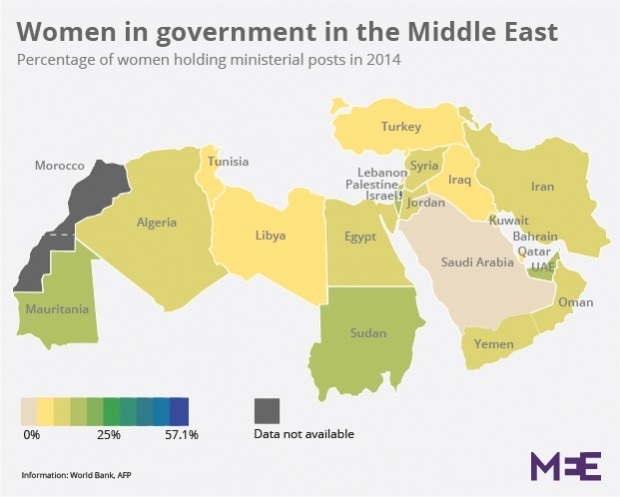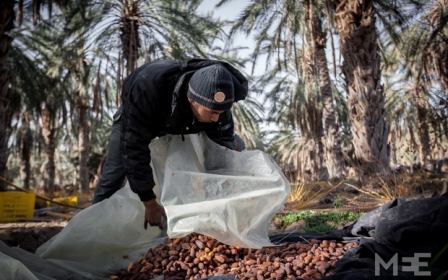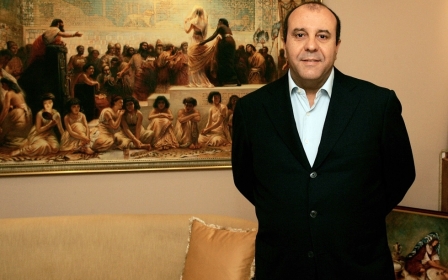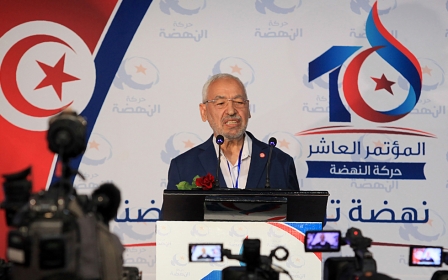Tunisian parliament passes gender parity bill for local elections
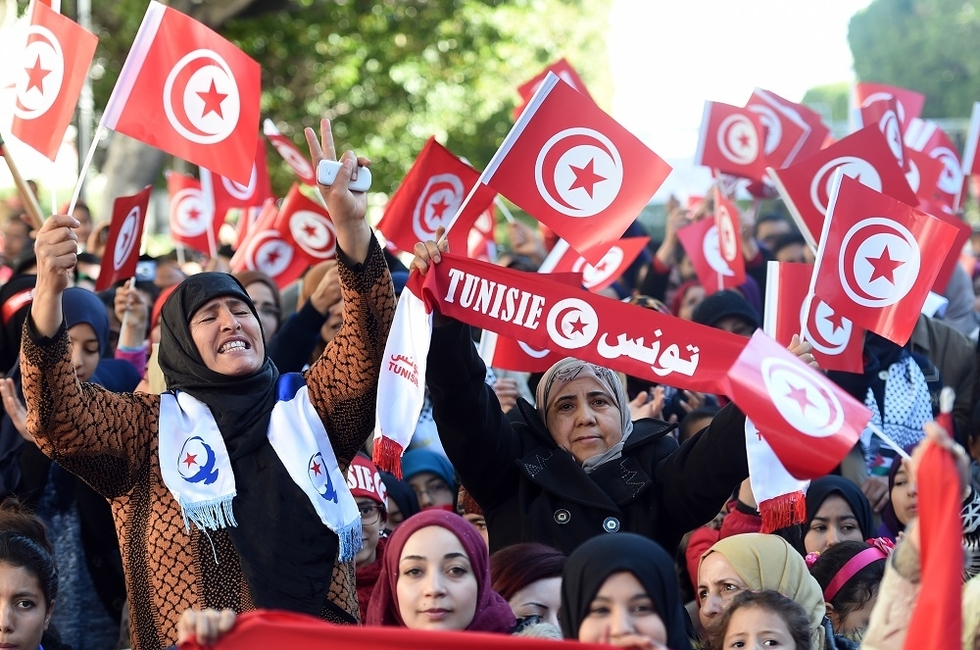
TUNIS - Tunisia’s parliament overwhelmingly passed a bill on Wednesday that will greatly help the country to increase female representation across the country at next year’s March 2017 local elections.
The new laws will see parties or blocks put forward an equal number of male and female list leaders, which should step up representation.
While the previous law made moves towards gender parity, critics say that, in practice, the first candidate listed was almost always a man, leading to only 68 out of 217 (31 percent) total seats in Tunisia’s parliament currently being held by women.
The law was supported by 127 MPs, with three against and four abstaining, although not all MPs turned out to vote. The shift, say advocates, marks a leap for Tunisia – which already has one of the highest proportion of seats held by women in national parliaments compared to other countries in the region – and sets the country’s female politicians on a course for even greater influence.
Supporters of the bill stress that it will particularly help female politicians in the country’s interior and southern regions that have been traditionally disconnected from the capital.
Rym Mahjoub, head of the Afek Tounes centre-right political party’s parliamentary group, told Middle East Eye: “Having a democracy without women doesn’t make any sense. This is a great achievement for women’s rights. We have to start with positive discrimination and then move on from there.”
Yusra Ghannouchi, spokesperson for the leading Islamist Ennahda party, said the bill, supported by a majority of the party’s members in parliament, is “a further step towards increasing women’s participation in decision making and management of local authorities, and a recognition of all the women who are very active in their local areas”.
Tunisia's constitution, adopted following the overthrow of former preside Zine El Abidine Ben Ali in 2011, states that the country must strive to establish total equality between men and women.
The regional and local elections next March are set to be a massive undertaking for Tunisia’s current unity government and will see the fulfilment of a plan to devolve the concentration of power from Tunis to 350 municipalities across the country.
In the 2014 parliamentary elections, current president Beji Caid Essebsi’s Nidaa Tounes party won a majority but was hit by a string of resignations a year later, prompting Ennahda to become the leading party although Nidaa Tounes still holds the most ministerial positions.
Unlike national parliamentary elections in 2014, the local elections are expected to focus more on individual needs of districts and individual candidates, rather than centring on party politics.
Souhail Alouini, previously from the leading part Nidaa Tounes and currently MP from the Al- Horra parliamentary block, said that both his current and former party overwhelmingly supported the initiative.
“The civil rights situation is improving in Tunisia,” he said. “We have a lot of competent women, but because of an obsolete mentality, many of them were excluded from positions of power. Exclusion is never beneficial.”
Mahjoub, of Afek Tounes, said she felt proud of the bill’s successful passage and hoped that it meant that female exclusion would be eradicated.
“Half of Tunisia’s population is female and academic test scores show that women are doing better than men in higher education,” she said. “Women must continue to work together and advocate for themselves and one day arrive in decision making positions.”
Tunisia’s government is currently ruled by a coalition of four parties, Nidaa Tounes, Ennahda, Free Patriotic Union (UPL), and Afek Tounes.
This article is available in French on Middle East Eye French edition.
New MEE newsletter: Jerusalem Dispatch
Sign up to get the latest insights and analysis on Israel-Palestine, alongside Turkey Unpacked and other MEE newsletters
Middle East Eye delivers independent and unrivalled coverage and analysis of the Middle East, North Africa and beyond. To learn more about republishing this content and the associated fees, please fill out this form. More about MEE can be found here.


